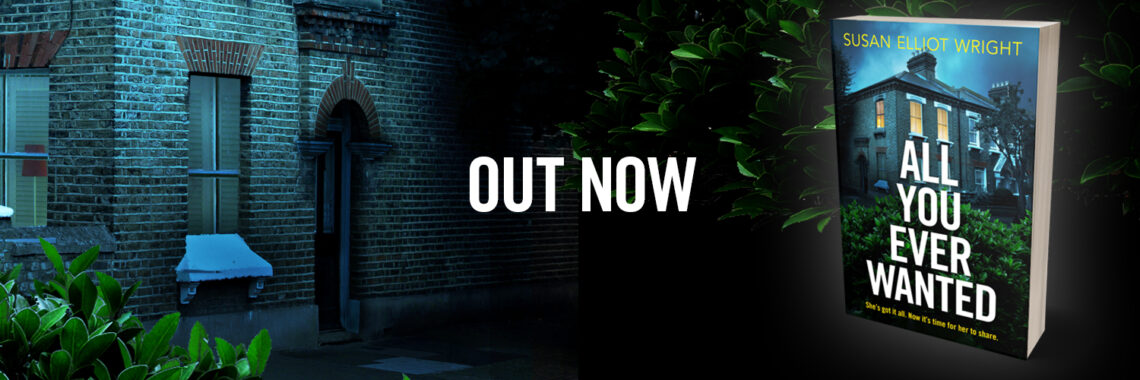And to access a list of recipes and book reviews on this blog, go to: recipes and book reviews and scroll down the page (past the writing bits)
Category: plot
Writing a first draft
And to access a list of recipes and book reviews on this blog, go to: recipes and book reviews and scroll down the page (past the writing bits)
NaNoWriMo Week 3
The Writing Bit
Sunday: Soya mince with peppers, mushrooms and new potatoes, cooked in a sauce made from tomatoes, red wine, garlic and herbs.
Monday: Vegan ‘meatballs’ with spaghetti and spicy tomato sauce.
Tuesday: Mixed bean cassoulet.
Wednesday: Creamy mushroom tagliatelle.
Thursday: Curry night: aubergine and chick pea, sag aloo, aloo gobi, chapatis.
Friday: Tapas: (I’m quite proud of this one!) vegan ‘paella’, patatas bravas, garlic mushrooms, aubergines with garlic and herbs.
NaNoWriMo – the first week
Day 1: Got up at 6.15, an hour earlier than usual, staggered to my study and switched on the computer. Resisted urge to check emails, twitter, blog stats etc. Looked at screen and wished I had a plot. Typed three sentences, deleted two. (This is what you’re NOT supposed to do – no deleting precious words until December!) Then I told myself that it really didn’t matter because whatever happens, I have nothing to lose. Typed 730 words of rather poor prose in a very uncertain voice, then stopped for breakfast. Walked the dog, dealt with emails and stuff, then typed another 700 words. Broke off to move around and then typed a little bit more. By the evening, I’d got to 1800 by typing little bits here and there. Voice not right; character not right; not sure I even need this scene!
A brief review this week, because I’m still trying to keep my NaNoWriMo word count on track: My Perfect Silence by Penelope Evans starts with the powerful line ‘I was four when I killed my baby brother’. The story then goes on to show how this tragedy shaped the narrator’s life and bonded her closely with her older brother Max, who becomes her protector. Little more than a baby herself when the tragedy occurred, the narrator, Rose, doesn’t remember what happened and didn’t really grasp the magnitude of it until some years later, at which point she stops speaking. Max continues to protect and speak for her, even when his bride-to-be is killed and Rose is considered the prime suspect. This certainly a page-turning read, and will probably appeal to Ruth Rendell and Lesley Glaister fans.
I won’t be posting actual recipes during NaNoWriMo, but I thought it might be helpful for anyone stuck for veggie/vegan ideas to see what I’ve cooked for dinner each night. Some of these recipes will no doubt find their way onto this blog eventually – let me know if there’s anything in particular that appeals!
Sunday: Vegetable Chilli with rice and grated vegan cheese
Monday: My teaching night, so Vegan Husband cooked himself something with lentils while I had some prawn dumplings (reduced counter at Waitrose) and some stir-fried veg.
Tuesday: Spinach and vegan cheese filo parcels, crushed new potatoes, tomato & onion salad
Wednesday: Olive and tomato penne, rocket, ciabatta rolls
Thursday: Soya mince with peppers, mushrooms, tomato, garlic, herbs and red wine, served with new potatoes and broccoli.
Friday: Friday night is usually either pasta night or curry night; tonight I think it’ll be curry – I have some aubergine, sweet potato and chickpea curry in the freezer, so I’ll cook some basmati rice and knock up some sag aloo to go with it, then I’ll send VH down the road for some parathas or chapatis. Sorted!


